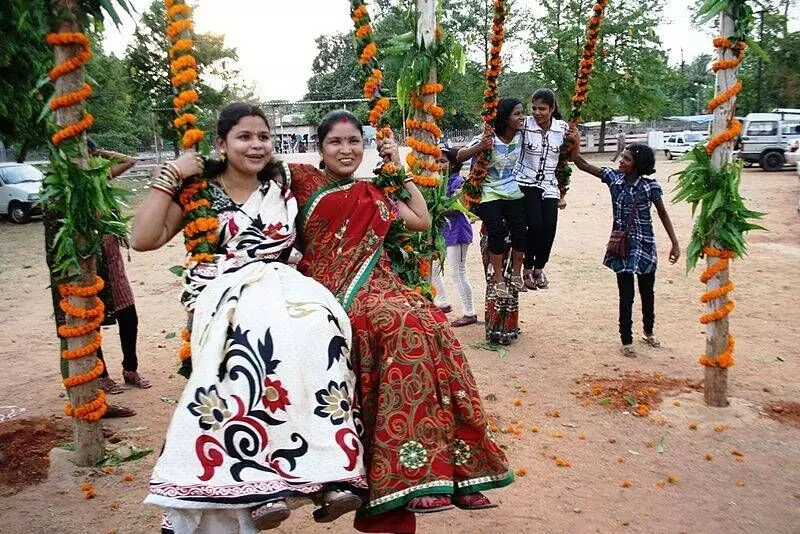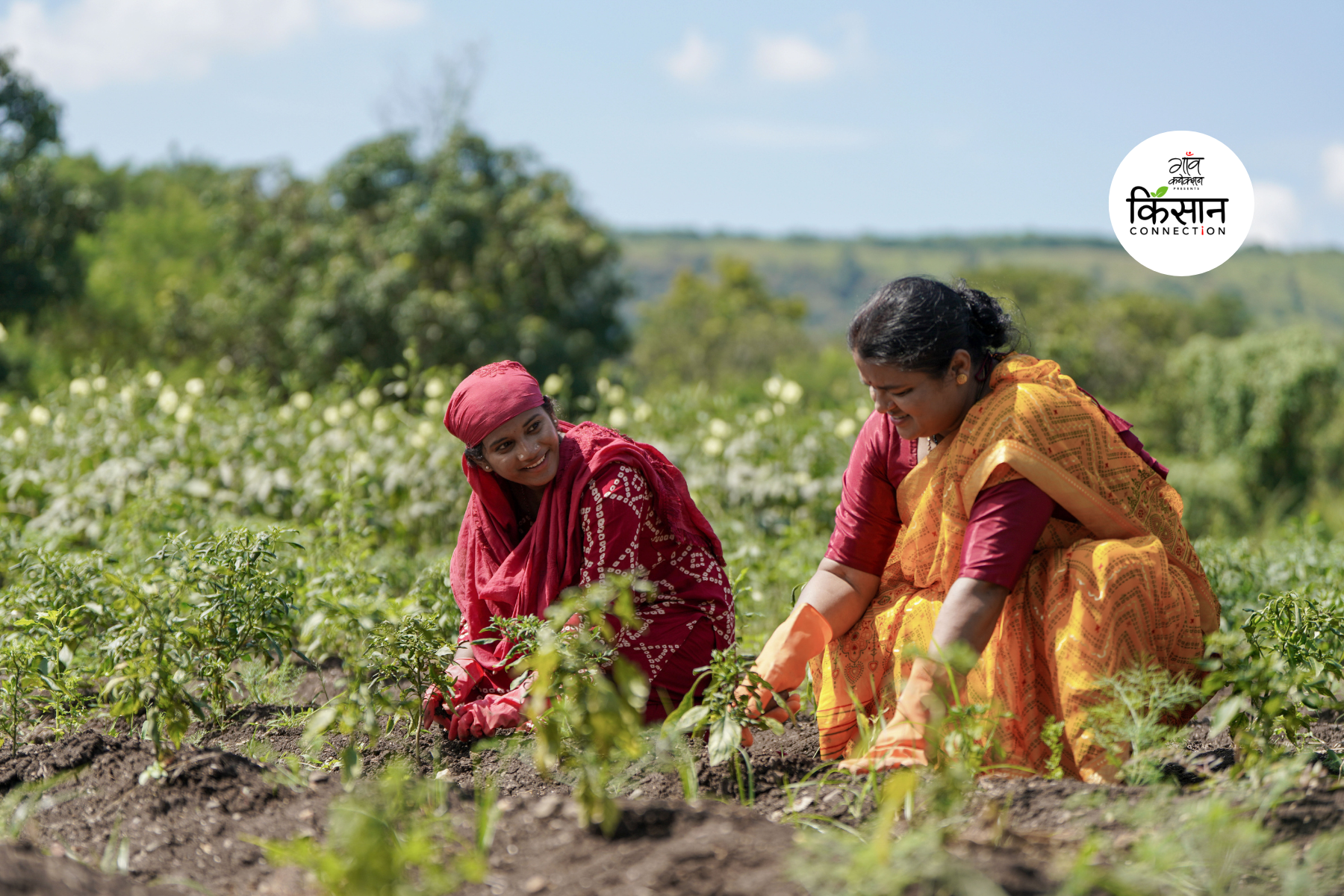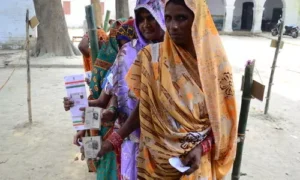After a two-year break due to the COVID-19 pandemic, celebrations of the four-day long Raja Parba is back in Odisha with people rejoicing as part of this unique festival, which celebrates Bhudevi (Mother Earth) by allowing her rest for a couple of days during her menstruation cycle.
The festival kicked off today, June 14, in the month of Asadha amid gaiety and joy across the state.
#RajaParba: Celebrate womanhood, enjoy the swings, relish mouth watering pithas & savour the #RajaPaan. We wish you a happy #Raja.#OdishaTourism
NOTE: The video footage is of pre-Covid days. Plz adhere to all the guidelines and #StaySafe. pic.twitter.com/qWuy13jQAJ
— Odisha Tourism (@odisha_tourism) June 14, 2021
The word ‘Raja’ is derived from a Sanskrit word Rajaswala, which means a menstruating woman. This festival was cancelled in the past two years due to the pandemic.
The first day of Raja Parba is called ‘Pahili Raja’, the second day is ‘Raja Sankranti’ and the third is ‘Bhumi Dahana or Basi Raja’. The fourth day is called Vasumati Snana, or the ceremonial bath of Bhudevi.
During the four day-long festival, it is believed that Mother Earth) menstruates and prepares herself for future agricultural activities for which the earth is given rest and all farming activities such as digging of soil and ploughing the field are suspended. Local people believe that after this period, the earth becomes even more fertile.
Also Read: Odisha’s Summer Ramleela returns after 2 years of COVID exile
Raja Parba is a unique festival in the world that honours menstruation and womanhood.
“Apart from paying a tribute to the menstrual cycle, this festival also marks the onset of monsoon, which brings joy on the faces of farmers,” Dolli Dash, a social worker from the state, told Gaon Connection. “Raja Parba depicts that menstruation is not a taboo but a symbol of fertility and celebration,” she added.
Raja Parba has special place for women
Women, particularly unmarried girls, are given a special place in this festival as every woman is compared with the Bhudevi.
During the four days of the festival, women and girls take rest from work and wear a new saree, apply alta (red dye) on their feet and hands, and deck up with ornaments. They spend these days in joyous festivity and observe customs, like eating only uncooked and nourishing food, especially poda pitha (slow-cooked using fermented rice, black gram, grated coconut and jaggery). They do not walk barefoot and vow to give birth to healthy children in future.

During the four day-long festival, it is believed that Mother Earth) menstruates and prepares herself for future agricultural activities for which the earth is given rest and all farming activities such as digging of soil and ploughing the field are suspended. Photo by Creative Commons
Also Read: Gaon Radio: Listen to the story of the traditional broom empowering women in Odisha’s Koraput
Raja festival celebrations in villages
The most vivid and enjoyable celebration of the Raja festival is the rope-swings on big banyan trees and the lyrical folk-songs. “With all agricultural activity suspended, many villages play cards, dice, ludo, kho-kho and kabaddi during the days of the festival,” said Basudev Das, a researcher and member of the Odisha Sahitya Academy.
“We organised a three day long kabaddi match to celebrate Raja festival,” said Mahendra Parida of Shyamsundarpur village in Kendrapara district.
Large numbers of migrant workers return to their villages to celebrate Raja festival with their family and fellow villagers. “I missed Raja festival for the last two years due to corona. I returned to my village Rajnagar last week to celebrate the festival with family members and others,” Jagannath Pradhan of Rajnagar village told Gaon Connection.




















